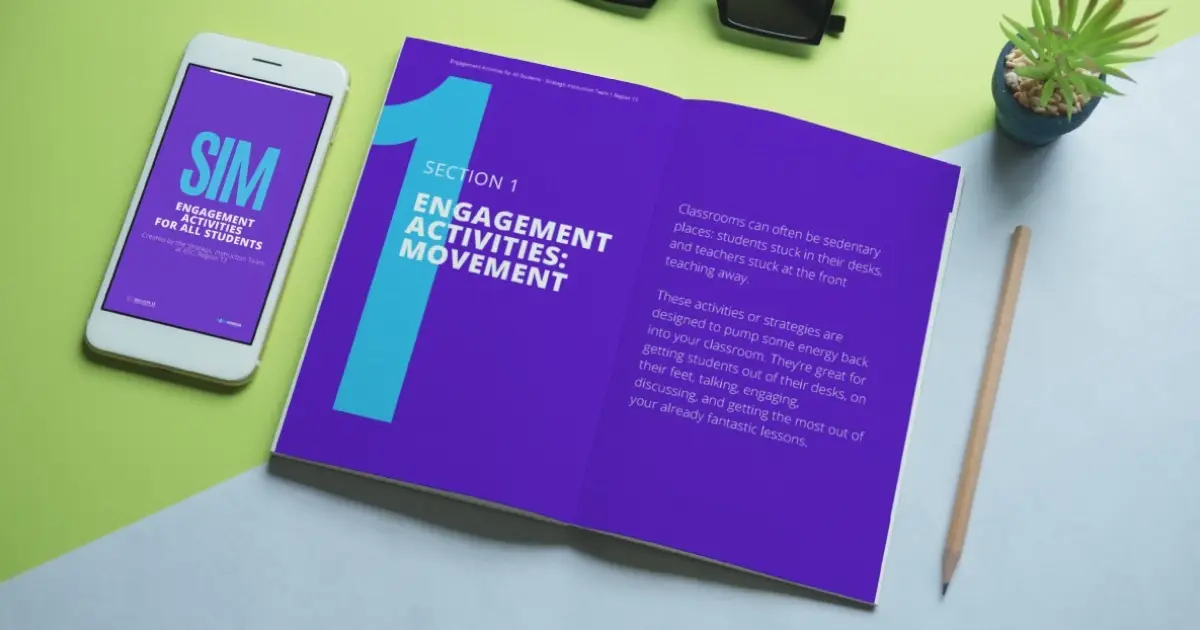How do I create an engaging and informative e-book?


Creating an engaging and informative e-book can be a daunting task, but with the right approach and strategies, it can become a rewarding experience. In this article, we will explore the various steps involved in e-book creation, from writing and design to formatting, publishing, and marketing. By following these e-book writing tips, you can create a high-quality e-book that captivates your readers and provides them with valuable information.
1. Define your target audience
Before you start writing your e-book, it is crucial to identify your target audience. Understanding who your readers are will help you tailor your content to their needs and interests. Conduct market research, analyze your competitors, and create buyer personas to gain insights into your target audience’s demographics, preferences, and pain points.
2. Choose a compelling topic
Selecting a topic that resonates with your target audience is essential for creating an engaging e-book. Look for subjects that are relevant, timely, and offer unique insights or solutions. Brainstorm ideas, conduct keyword research, and consider your own expertise and passions when deciding on a topic.
3. Plan your content
Once you have a topic in mind, create an outline for your e-book. This will serve as a roadmap for your writing process and ensure that your content flows logically. Divide your e-book into chapters or sections and outline the main points you want to cover in each. This will help you maintain a clear structure and prevent your e-book from becoming overwhelming or disjointed.
4. Write engaging and informative content
When writing your e-book, focus on providing valuable information and engaging your readers. Use a conversational tone, tell stories, and include examples or case studies to make your content relatable and memorable. Break up your text with subheadings, bullet points, and images to improve readability and make your e-book visually appealing.
5. Design your e-book
The design of your e-book plays a crucial role in capturing your readers’ attention and enhancing their reading experience. Consider hiring a professional designer or using e-book design software to create an eye-catching cover and layout. Use high-quality images, choose an appealing font, and ensure that your e-book is visually consistent throughout.
6. Format your e-book
Proper formatting is essential for ensuring that your e-book is readable across different devices and platforms. Use a consistent font size and style, and consider using headings, subheadings, and bullet points to break up your text. Pay attention to spacing, margins, and alignment to create a polished and professional look.
7. Proofread and edit
Before publishing your e-book, it is crucial to proofread and edit your content thoroughly. Check for grammar and spelling errors, ensure that your sentences are clear and concise, and eliminate any unnecessary repetition. Consider hiring a professional editor or asking a trusted colleague to review your e-book for a fresh perspective.
8. Publish your e-book
Once your e-book is ready, it’s time to publish it. There are several platforms and formats to choose from, including PDF, EPUB, and MOBI. Research the different options and select the one that best suits your target audience and distribution goals. Consider self-publishing on platforms like Amazon Kindle Direct Publishing or partnering with a traditional publisher if that aligns with your objectives.
9. Market your e-book
Publishing your e-book is just the beginning; you also need to market it effectively to reach your target audience. Develop a comprehensive marketing plan that includes strategies such as social media promotion, email marketing, guest blogging, and influencer partnerships. Leverage keywords and SEO techniques to improve your e-book’s discoverability and consider offering a free sample or limited-time discount to generate buzz.
In conclusion, creating an engaging and informative e-book requires careful planning, quality content, appealing design, proper formatting, and effective marketing. By following these e-book writing tips and implementing a strategic approach, you can create an e-book that captivates your readers, provides them with valuable insights, and helps you achieve your goals. Remember to continuously evaluate and improve your e-book based on reader feedback and market trends to ensure its long-term success.
Recent Posts
How do I create an engaging and informative online quiz or assessment?
Creating an engaging and informative online quiz or assessment can be a powerful tool for… Read More
What are the most effective methods for managing and reducing work-related stress in the hospitality industry?
Work-related stress is a common issue in the hospitality industry, where employees often face long… Read More
How can I improve my assertiveness and communication skills in a leadership position?
In a leadership position, assertiveness and effective communication skills are crucial for success. Being able… Read More
What are the key elements of a successful employee recognition and rewards program?
Employee recognition and rewards programs play a crucial role in motivating and engaging employees, as… Read More
How do I effectively manage and respond to customer feedback and reviews?
Customer feedback and online reviews play a crucial role in shaping a company's reputation and… Read More
What are the best strategies for effective time management as a stay-at-home parent?
Effective time management is crucial for stay-at-home parents who juggle multiple responsibilities on a daily… Read More